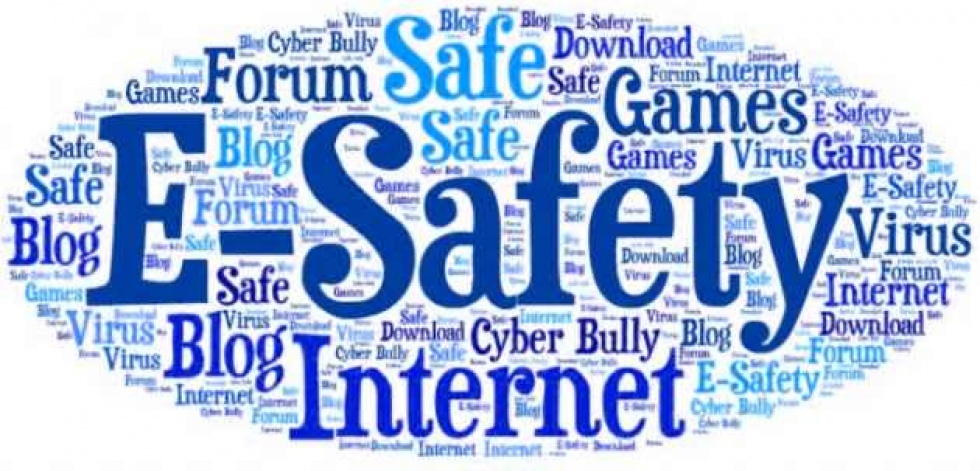E-Safety
Purpose
To create a safe digital learning environment by educating students, staff, and families on how to use the internet responsibly, protect personal information, and recognise and report online threats or abuse.
Who is it For?
- Students (primary to secondary)
- School staff and teachers
- Parents and guardians
Key Areas of Online Safety
Digital Citizenship
- Treat others respectfully online
- Think critically about what is shared and viewed
- Understand the impact of digital footprints
Personal Information Protection
- Never share full name, address, phone number, school name, or password
- Use strong, unique passwords and change them regularly
Cyberbullying Prevention
- Don’t send or share mean or hurtful messages
- Report any bullying behavior to a trusted adult
- Support others who may be targeted
Appropriate Content and Behavior
- Only access age-appropriate websites and apps
- Avoid sharing or viewing explicit or violent content
- Always follow school policies on acceptable use
Social Media Awareness
- Think before you post—what you share can last forever
- Understand privacy settings and use them effectively
- Be aware of scams, catfishing, and inappropriate contact
Online Strangers and Grooming
- Never meet someone in person that you've only met online
- Report any suspicious or uncomfortable online contact immediately
Scams, Phishing, and Malware
- Don’t click suspicious links or download unapproved files
- Understand what phishing emails look like
- Keep school devices and software updated and secure
Education and Training
- Students - Regular digital literacy lessons and internet safety workshops
- Staff - Annual online safety training and safeguarding updates
- Parents - Online safety guides, resources, and events to stay informed
Reporting and Support
- Encourage students to speak to a trusted adult (teacher, counselor, parent) if they feel unsafe online
- Use school’s reporting tools for cyberbullying, inappropriate content, or suspicious behavior
- Immediate risks may be escalated to:
- School safeguarding officer
- Local authorities
- Online platforms
- Police (if necessary)
Acceptable Use Policy (AUP)
All students must sign and follow the school's AUP, which outlines:
- Responsible use of school internet and devices
- Consequences for misuse
- Guidelines for email, chats, and online collaboration tools
Review and Updates
The school’s online safety policies are reviewed:
- Annually
- Following any major incident
- To keep up with new technologies and threats
Resources (Examples)
- ThinkUKnow
- Childnet
- NSPCC Online Safety
- UK Safer Internet Centre






